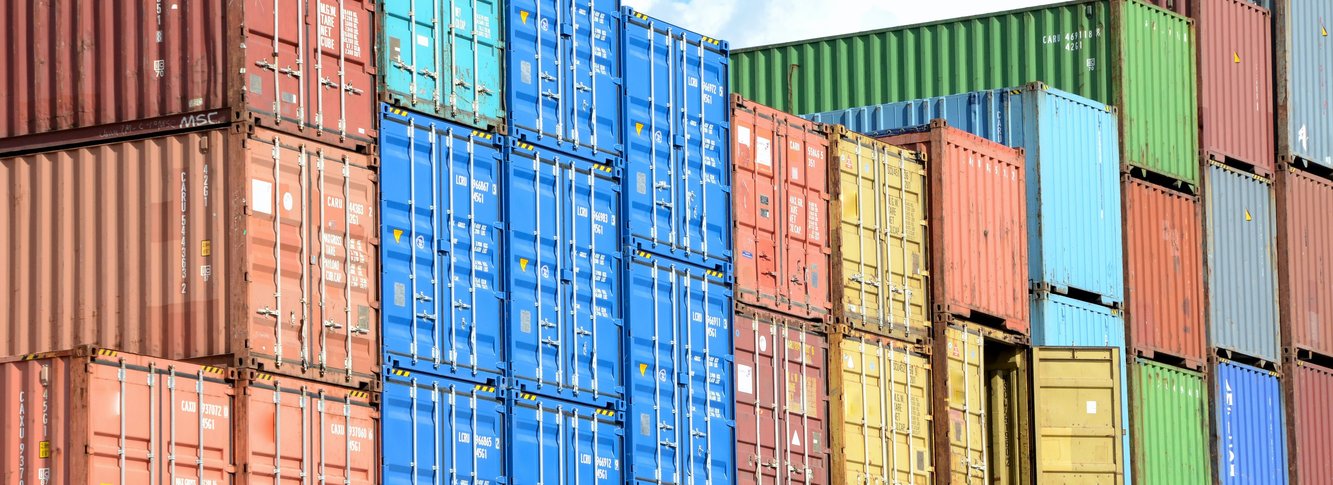| 6 mins read
It has become increasingly accepted, not least by the prime minister and opposition leadership, that the negotiation of a comprehensive trade relationship with the EU is necessary to prevent the UK economy falling off a ‘cliff edge’.
It is assumed by leaders of all the main political parties and the Confederation of British Industry (CBI) to be economically necessary to prioritise continued EU market access over other policy goals that could be achieved through Brexit.
This concern is shaping the UK's strategy towards negotiations with the EU and has provided at least part of the motivation for the UK to consider requesting a transition period to facilitate the Brexit process.
This approach is not, however, without profound consequences. The most obvious quid pro quo of a transitional agreement is the UK having to accept similar rules and regulations to those currently required by full membership.
The most contentious aspect of this is the likely insistence from the EU that continued access to the single market requires the perpetuation of the free movement of capital and labour for the duration of this transition term. This would be a particular problem for the prime minister, given her previous statements in favour of a tighter immigration system.
A lengthy transition period also has the potential to further undermine the status of politics and politicians for those who voted to withdraw from the EU given that, more than half a decade after what had been portrayed as a decisive vote, there would have been little substantive change on the ground.
Given the pivotal nature of the ‘cliff edge’ hypothesis, it is perhaps surprising that so little attention has been given to evaluating whether ‘no deal’ would represent a ‘chaotic Brexit’, or whether it would simply represent only a slight disruption of normal economic activity.
Essentially, would it represent a ‘cliff edge’ or more of ‘a slight bump in the road’?
The downsides to post-Brexit economic models
It is often claimed that there is a broad consensus amongst economists that Brexit would prove damaging to the UK economy. Yet, out of the forty or so economic studies which have sought to predict likely economic impacts relating to Brexit, fully one third suggest either a net gain to the UK economy or that the cost–benefit is dependent upon the form of relationship ultimately agreed between the UK and the EU.
The currently best available economic predictions were developed before the European referendum, and the most prominent of these suffer from a flawed approach, particularly in relation to missing variable bias. Yet their conclusions are still influencing much that happens in the Brexit debate.
Moreover, the danger is that forecasts can themselves become self‐fulfilling prophesies, as individual businesspeople or consumers react to predicted events and by their changed actions precipitate these same predicted outcomes.
Future options
A wide variety of potential future trading relationships could be forged between the UK and the EU (each has its own advantages and drawbacks):
- Full membership of the EU—the current status quo, which could only be pursued by either ignoring the European referendum result or holding a second referendum;
- Apply for membership of the European Free Trade Agreement (EFTA) and through this, membership of the European Economic Area (EEA);
- Negotiate a customs union with the EU;
- Negotiate a free trade agreement (FTA) with the EU;
- Failure to negotiate a mutually satisfactory agreement with the EU, which would lead to the UK trading according to WTO rules.
There is a clear policy trade‐off between market access and policy flexibility when considering the various trading arrangements that could be negotiated between the UK and the EU. So it is a pity that none of the economic studies undertaken to date have sought to test rigorously the relative merits of this trade‐off in order to determine which of these choices would be preferable.
The WTO option
How disastrous would it be for the UK to revert to trading with the EU on the same basis as most other countries in the world, namely according to World Trade Organisation rules? Perhaps not as much as is generally assumed.
Trading according to WTO rules does incur costs, which are detailed further in my journal article for the Political Quarterly. But the WTO option has a number of advantages.
For example, compared to EEA membership, where the UK would have to abide by current EU rules on the free movement of labour and regulations across all trade‐related matters, the UK would have none of these restrictions under the WTO option. Similarly, whereas the UK would be constrained to accept the common external tariff within a customs union arrangement, under FTA or WTO arrangements the UK would be free to negotiate its own trade agreements with any other country across the globe as it would wish.
Thus, the WTO option maximises the policy flexibility that could be utilised by UK policy makers following the completion of Brexit, but at the expense of incurring additional trade‐related costs.
Whilst a comprehensive FTA would be the preferred option for this author, reverting to trading by WTO rules does not appear likely to result in the damaging economic scenario that many commentators seem to suggest. Rather than ‘no deal’ resulting in the UK economy ‘falling off a cliff edge’, a more accurate metaphor might be that it might experience a small bump in the road.
Indeed, it may offer greater potential for reshaping the UK economy over time, rather than tying it more closely to the EU for short term advantage.
Need help using Wiley? Click here for help using Wiley


